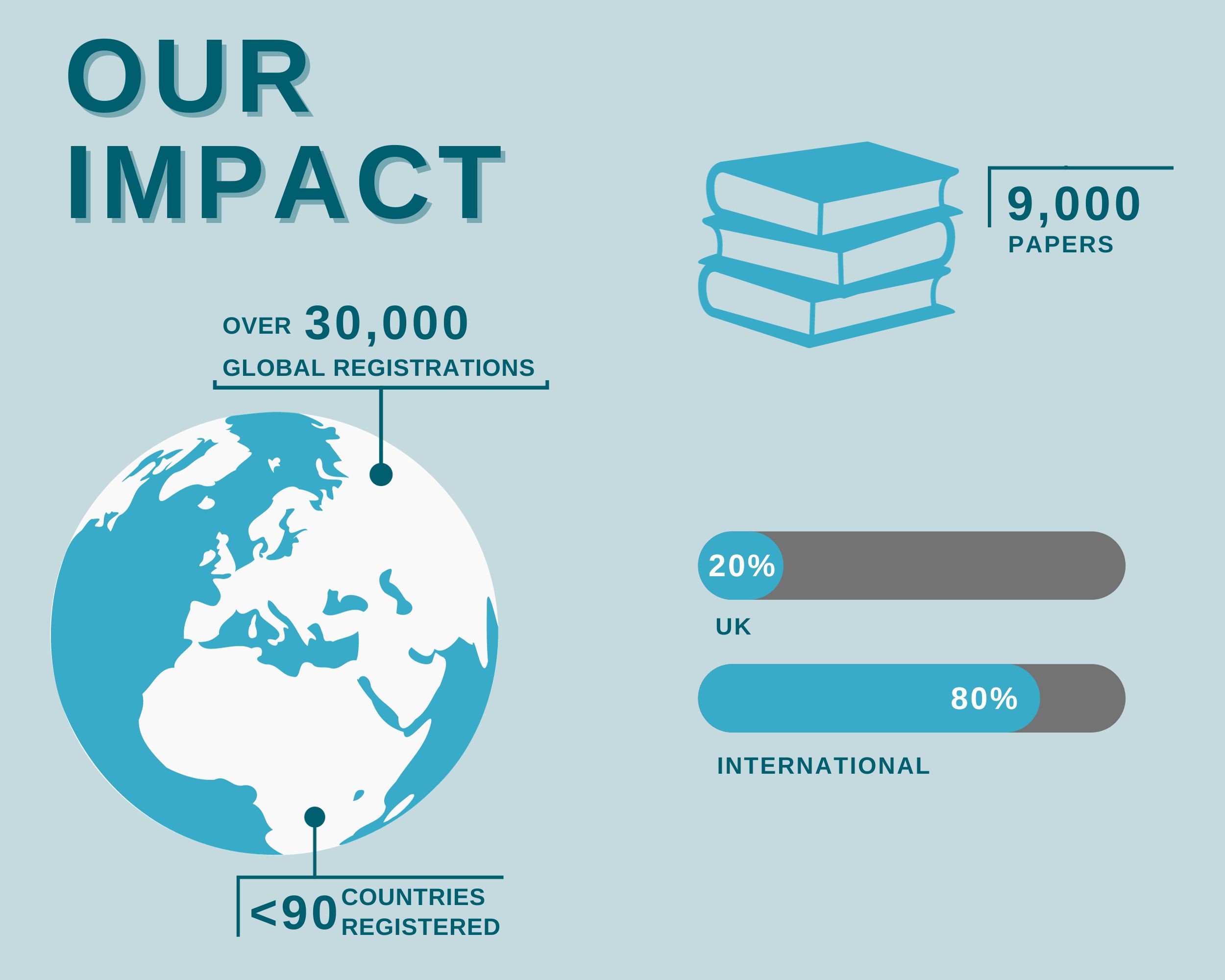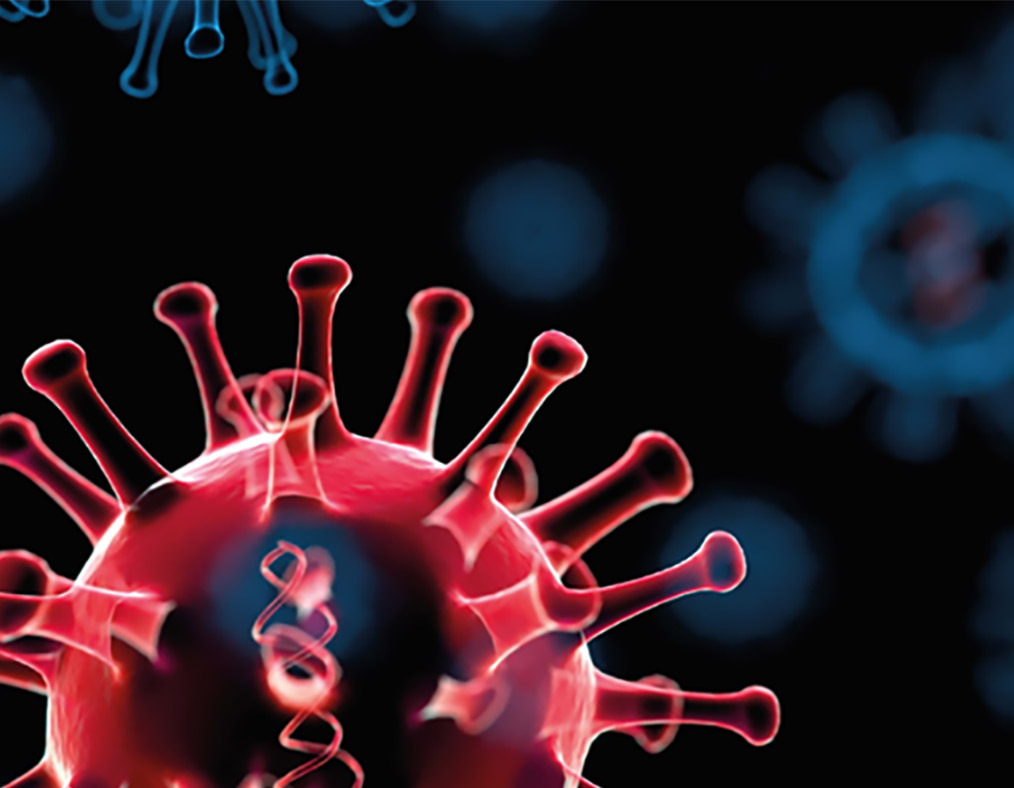Our impact
Enabling scientific discoveries that improve public health
Data drives discovery. UK Biobank’s unique, biomedical database – the largest, most detailed and most widely accessible of its kind – is enabling the global research community to make scientific discoveries that improve public health.
De-identified UK Biobank data is used by approved researchers from all types of academic, charity, government and commercial organisations for health-related research that is in the public interest.
Here you can find examples of how UK Biobank is helping scientists and researchers to evolve our understanding of human health and the most common life-threatening diseases.
Watch the video on this page to reflect on UK Biobank's impact over the past 20 years, and read about recent research illustrating the power of UK Biobank data.

Revealing the impact of COVID-19 on the brain
A seminal study has used the MRI scans of UK Biobank participants to show that changes occur in the brain following infection with SARS-CoV-2. The research, led by the University of Oxford, found that infected participants exhibited brain tissue loss, damage in areas connected with smell, and reduced cognitive ability, even in mild cases with no hospitalisation. Further research is required to understand if these effects persist over time, or if they can be reversed.

Predicting Parkinson’s disease earlier
Data from motion monitors worn by UK Biobank participants has revolutionised our ability to predict Parkinson’s disease. Researchers from Cardiff University used AI to detect early signs of the disease, such as slower movement, up to seven years prior to diagnosis using the data. The research will lead to the development of valuable screening tools to detect Parkinson’s in individuals earlier, to enable them to receive therapies sooner.

Identifying drug discovery targets to manage obesity
Whole exome sequencing data in UK Biobank is helping to pinpoint genes which may be protective against obesity. Scientists at the biotechnology company Regeneron have found that specific mutations in a gene called GPR75 are associated with lower body weight. Individuals with one inactive copy of the gene exhibited a 54% lower risk of obesity. The findings have exciting implications for developing drugs which mimic the protective effects of this variant.

Illuminating the impact of diabetes on the heart
Cardiac imaging data in UK Biobank has revealed that diabetes causes subtle structural changes to the heart. Researchers at Queen Mary University of London, funded by the charity British Heart Foundation, observed that individuals with diabetes had smaller heart chambers, and thicker left ventricle walls. These findings could help to detect heart damage early in people with diabetes to ensure that they are provided treatment.

Deciphering the links between physical activity, sleep & health
Data from motion monitors worn by UK Biobank participants is advancing our understanding of physical activity, sleep and health. Researchers at the University of Oxford, funded by the Wellcome Trust, Novo Nordisk, and the insurance company Swiss Re, have found that sleeping for less than 6 hours a night is associated with higher risk of death. Additionally, findings showed that increasing physical activity lowered the risk of some cancers and cardiovascular disease.

Accelerating discovery to help manage a global pandemic
UK Biobank has provided the global research community with an unprecedented opportunity to study clinical and genetic factors that affect the outcome and spread of COVID-19. Through linkage to health records during the pandemic, undertaking antibody data collection, and conducting the world's only repeat imaging study for the investigation of SARs-CoV-2, we have facilitated novel findings to emerge that have influenced health policy (most notably the UK Government’s reporting on the differential impact of the virus on minority ethnic groups).
Over 800 international research groups have accessed the resource for COVID-19 research, generating over 250 published scientific papers in the public domain. The vast range of expertise already being applied to UK Biobank data means that these data have helped to develop strategies to address the pandemic and to further our understanding of the long-term effects of the virus.
Find out more in the COVID-19 hub.

Last updated
